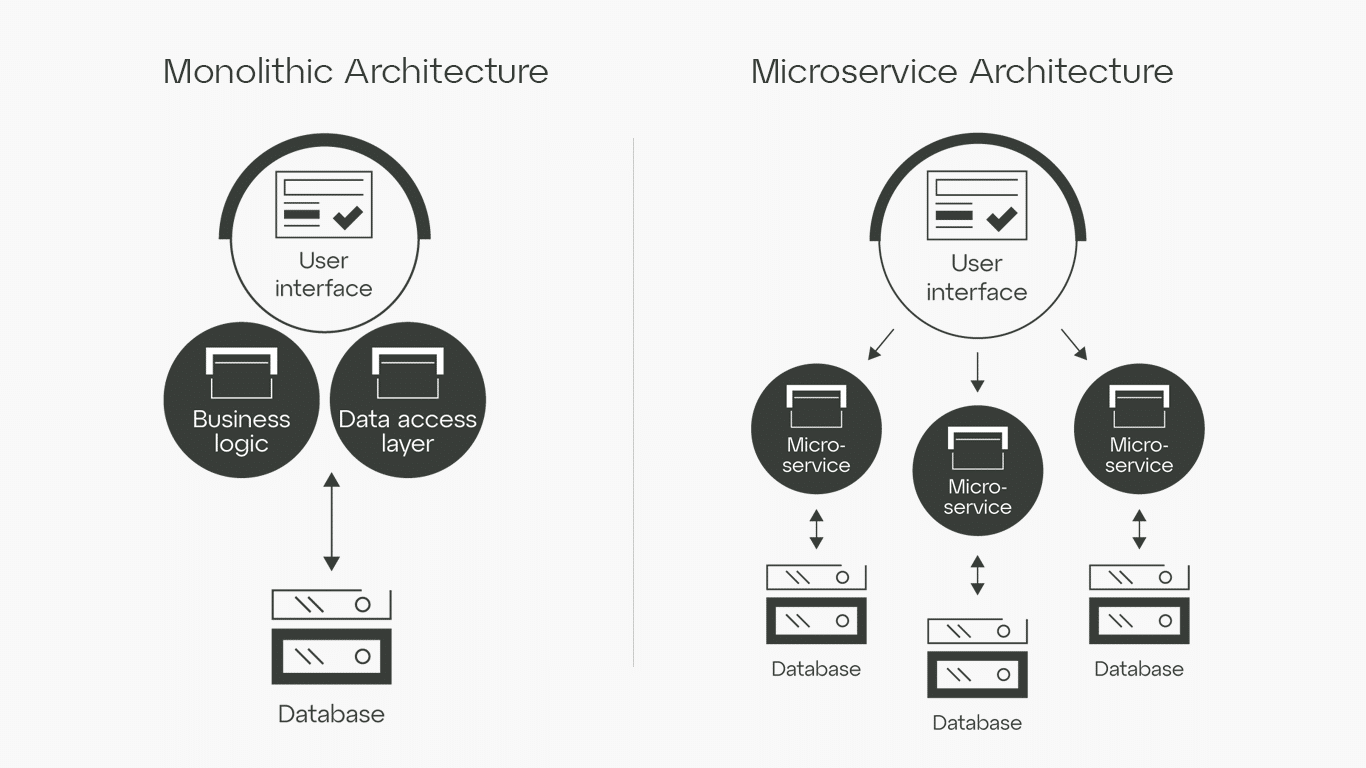Key Failure factors:
Lack of trust: Communication is one of the most essential soft skills every PMO should have. Some PMOs fall into the trap of believing that weekly reports are sufficient for communicating with stakeholders and believe that all relevant information is passed through them. However, communication for PMOs is not simply about getting data and insights but is also about building trust.
Lack of strategic vision: Aligning projects with an organisation’s strategic goals is critical to the success of any project. PMOs that perform a largely administrative role, such as project status reporting and performance reporting, are less successful than those with a strategic role. In fact, an emerging reason for organisations to introduce PMOs is to increase their strategic position.
Lack of a metric-based approach: A key performance indicator (KPI) or metric is a measure that companies use to assess their performance. Measures can be taken to correct mistakes and perpetuate good ideas. In other words: the use of project management indicators is essential to prevent problems, mitigate errors and lead the team in the pursuit of the objectives of each stage with more confidence. Unless a PMO leader has an analytical mindset and is comfortable with metrics, a PMO won’t be successful.
Working without framework/methodology: A project management framework consists of the processes, tasks, and tools used to carry out a project from start to finish. It covers all the key components needed to plan, manage, and direct projects. The creation of a project management methodology, accompanied by forms, guidelines, templates, and checklists, has the benefit of providing standardization and repeatability. By providing a framework/methodology for better project management and delivery, PMOs support the strategic objectives of their organization – ensuring projects are aligned to top-level goals, achieve high-quality standards, and are delivered on time and on budget.



















































